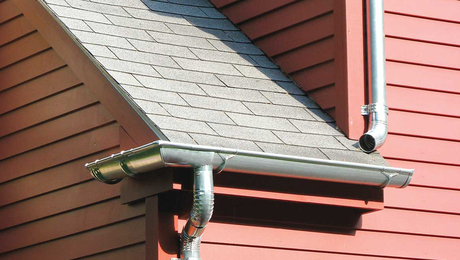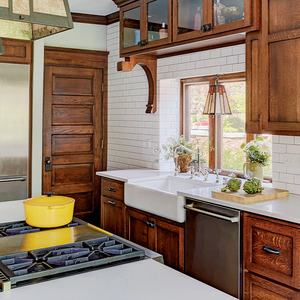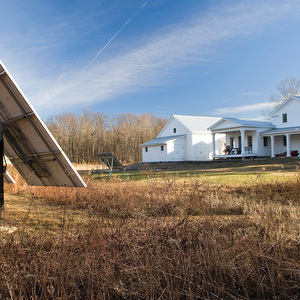Do a lot of demo and go thought sawalls blade alot of th time the teeth wear off ,, anyone find some that will last more than a couple of hours. Hit nails sometimes but most of the time it’s just 2 x4 etc. thanks
Discussion Forum
Discussion Forum
Highlights
"I have learned so much thanks to the searchable articles on the FHB website. I can confidently say that I expect to be a life-long subscriber." - M.K.
Fine Homebuilding Magazine
- Home Group
- Antique Trader
- Arts & Crafts Homes
- Bank Note Reporter
- Cabin Life
- Cuisine at Home
- Fine Gardening
- Fine Woodworking
- Green Building Advisor
- Garden Gate
- Horticulture
- Keep Craft Alive
- Log Home Living
- Military Trader/Vehicles
- Numismatic News
- Numismaster
- Old Cars Weekly
- Old House Journal
- Period Homes
- Popular Woodworking
- Script
- ShopNotes
- Sports Collectors Digest
- Threads
- Timber Home Living
- Traditional Building
- Woodsmith
- World Coin News
- Writer's Digest



















Replies
Randy
I like Lenox and have used plenty of Milwaukee.
The Axe is a good demo blade.
Nails are one thing-plaster and other abrasives are another. They'll round off teeth fast. I use plaster cutting blades that I got from Milwaukee for those things.
To me they are both readily available, can be purchased in bulk and worth the money. You either figure it into your rate or add as a job cost. Me I add it as "shop supplies".
We go through a lot of blades as well but I've never found much difference. The Milwaukee Torch is good but mainly for metal and it's expensive. I just add in enough money to cover blades in my bids and don't worry about them.
The only demo blade and best all around blade for me is the 12" Milwaukee with big coarse teeth. They cut through wood, nails, bolts, you name it! I have yet to see another blade that has the same combination of hardness (so it can cut metal) and toughness (so teeth don't break off when biting something hard like a nail). If you're cheap, the teeth are big enough that they can be sharpened with a multimaster and diamond sharpening pad, or by hand with a coarse diamond stick, or even with a dremel and grinding disk. With a multimaster it takes 5 minutes to sharpen all the teeth.
Another vote for Milwaukee
I concur with the other responses. I like the Axe demolition blade when cutting mostly wood and the occasional nail. Another nice thing about the blade is the thickness. It's quite a bit beefier than most recip saw blades, makes most demolition easier. On the flip side the blade can't bend the way thinner blades can making certain fluch cutting applications a little harder. I've been able to go a couple of days using the Axe on my cordless Hilti doing mostly wood demolition.
On a side note they've also come out with a bunch of specialty blades. One in particular looked interesting to me, a blade to cut open drywall without damaging any pipes or wires in the wall. I've yet to try it and would love to hear if anyone else has.
I like Lenox and have already used plenty of blades but i did not feel any big difference. Milwaukee Torch is a good blade just for metal and it's also very expensive. I prefere to that blade which is good for wood and other metal also.
new house builders Melbourne
The Axe demolition blade works well for cutting wood and the odd nail. The thickness of the blade is another good feature. It makes most demolition easier because it's far beefier than most reciprocating saw blades. Conversely, the blade is less flexible than thinner blades, which makes some fluch cutting applications more difficult. I've been able to use my cordless Hilti Axe for wood demolition for a few days now.
Home Builders Melbourne
For durability, try bi-metal blades designed for demolition work; they handle nails better and last longer. Brands like Diablo and Milwaukee are often recommended for extended use.
For durability, try using carbide-tipped blades designed for demolition work, as they tend to last longer even when hitting nails. Brands like Diablo and Milwaukee are well-regarded for their longevity and performance in tough conditions.